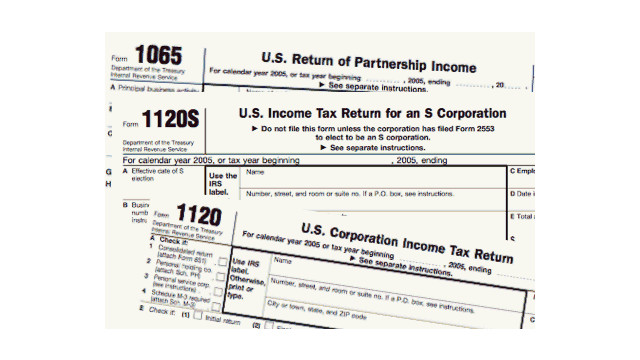Businesses may qualify for the new 100% limit for disaster relief contributions and the IRS has offered a temporary waiver of the record keeping requirement for corporations otherwise qualifying for the increased limit.
The Taxpayer Certainty and Disaster Tax Relief Act of 2020 (TCDTRA of 2020), enacted Dec. 27, temporarily increased the limit, to up to 100% of a corporation’s taxable income, for contributions paid in cash for relief efforts in qualified disaster areas.
Under the new law, qualified disaster areas are those in which a major disaster has been declared under section 401 of the Robert T. Stafford Disaster Relief and Emergency Assistance Act. This does not include any disaster declaration related to COVID-19. Otherwise, it includes any major disaster declaration made by the President during the period beginning on Jan. 1, 2020, and ending on Feb. 25, 2021, as long as it is for an occurrence specified by the Federal Emergency Management Agency as beginning after Dec. 27, 2019, and no later than Dec. 27, 2020. For a list of disaster declarations, visit FEMA.gov.
Qualified contributions must be paid by the corporation during the period beginning on Jan. 1, 2020, and ending on Feb. 25, 2021. Cash contributions to most charitable organizations qualify for this increased limit. Contributions made to a supporting organization or to establish or maintain a donor advised fund do not qualify.
A corporation elects the increased limit by computing its deductible amount of qualified contributions using the increased limit and by claiming the amount on its return for the tax year in which the contribution was made.
Corporations must meet the usual record keeping requirements that apply to charitable contributions, including obtaining a contemporaneous written acknowledgment (CWA) from the charity. The CWA must be obtained before the corporation files its return, but no later than the due date, including extensions, for filing that return.
The TCDTRA of 2020 added an additional substantiation requirement for qualified contributions. For corporations electing this increased limit, a corporation’s CWA must include a disaster relief statement, stating that the contribution was used, or is to be used, by the eligible charity for relief efforts in one or more qualified disaster areas.
Because of the timing of the new law, the IRS recognizes that some corporations may have obtained a CWA that lacks the disaster relief statement. Accordingly, the agency will not challenge a corporation’s deduction of any qualified contribution made before Feb. 1, 2021, solely on the grounds that the corporation’s CWA does not include the disaster relief statement.
For additional details on the record keeping rules for substantiating gifts to charity, see Publication 526, Charitable Contributions, available on IRS.gov. More information about other coronavirus-related relief, can be found at IRS.gov.
Thanks for reading CPA Practice Advisor!
Subscribe Already registered? Log In
Need more information? Read the FAQs




